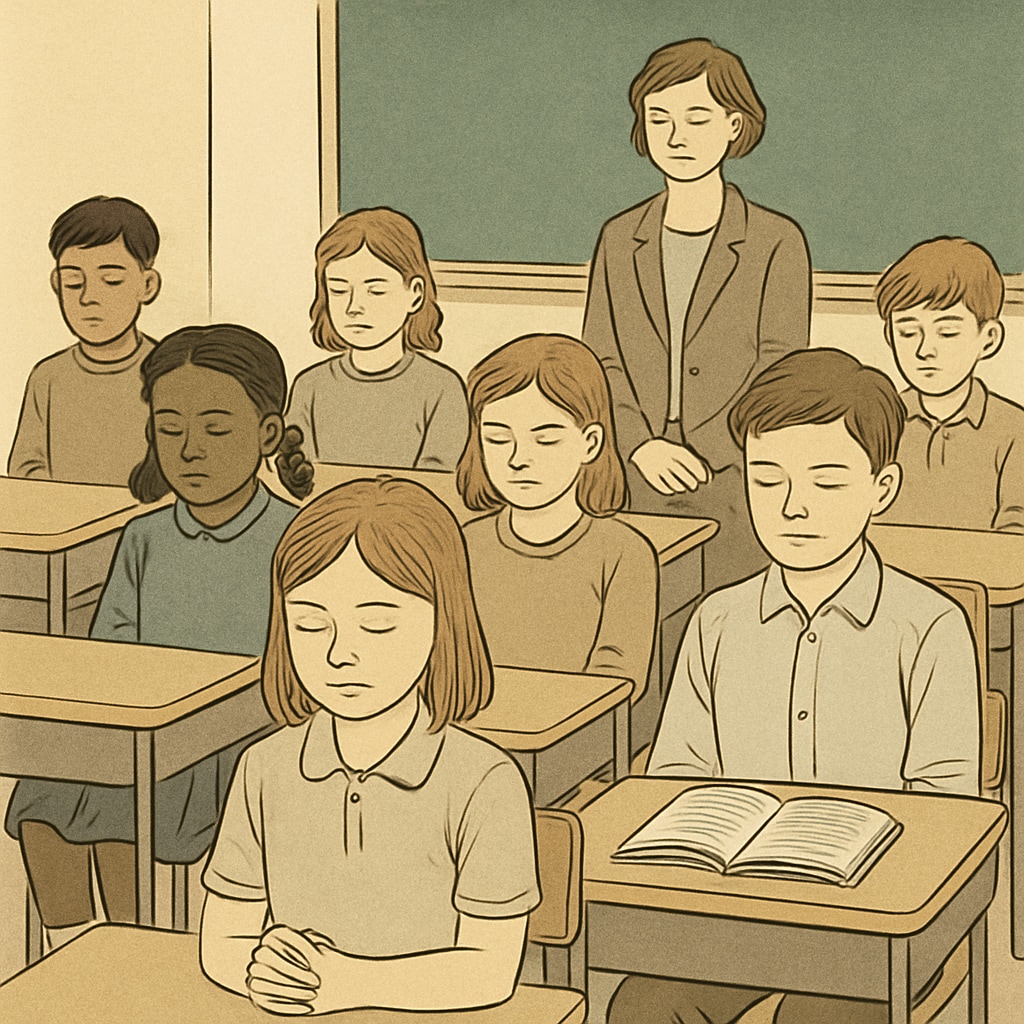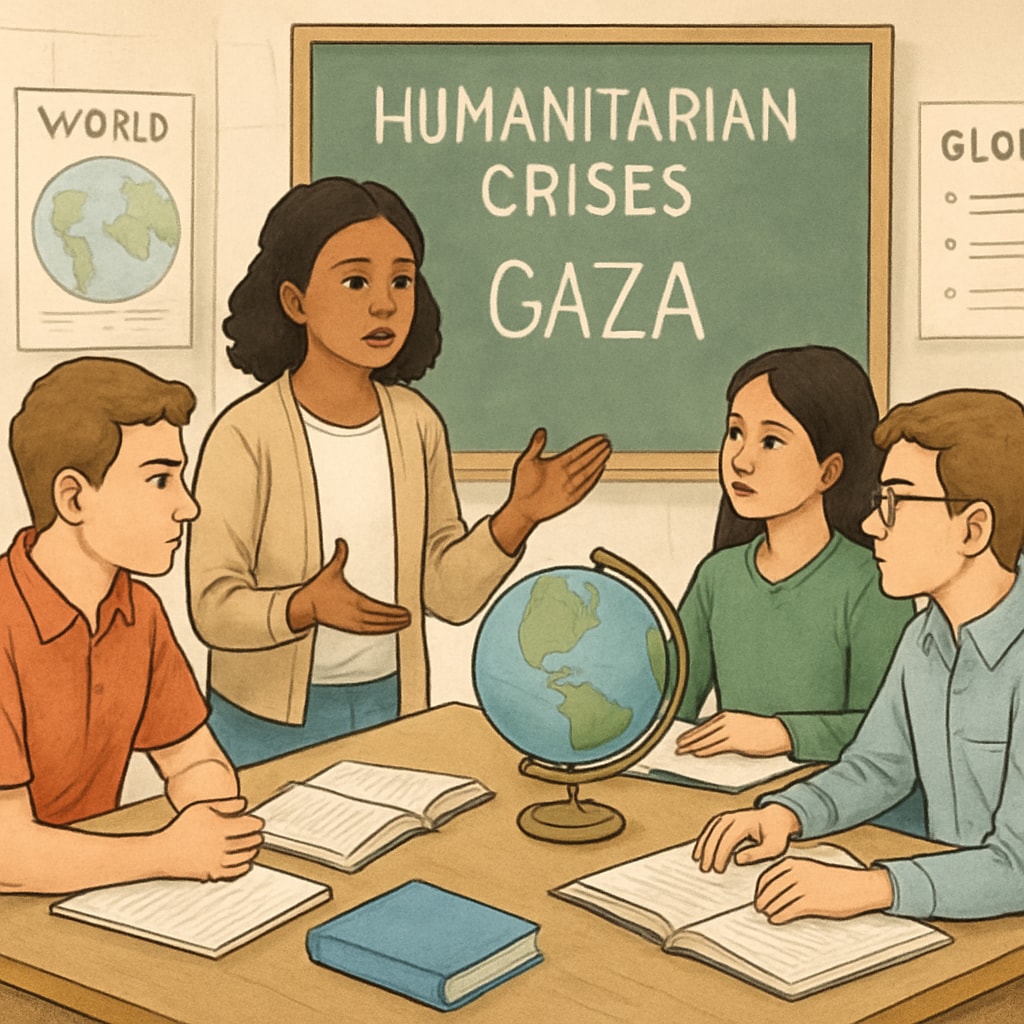In recent discussions surrounding educational responses to global crises, the decision by some schools to generalize Gaza remembrance activities into broader commemoration for “global war victims” has sparked controversy. This act, intended to maintain neutrality, raises concerns about political avoidance and the responsibility of educators to address specific tragedies such as the Gaza crisis. The implications of such decisions merit close examination, as they touch on ethical education, genocide awareness, and the importance of political courage in teaching.

Neutrality or Avoidance? The Impact of Generalizing Gaza Remembrance
As educators, schools are tasked with fostering critical thinking and moral awareness. However, the choice to dilute the Gaza remembrance into a universal narrative risks diluting the significance of specific tragedies. While global war victims deserve acknowledgment, the failure to directly address the Gaza crisis—characterized by allegations of genocide and severe humanitarian consequences—can undermine students’ understanding of the complexities behind global conflicts.
For example, educators might argue that a generalized approach avoids controversy and fosters inclusivity. Yet, in doing so, schools may inadvertently sidestep their responsibility to confront uncomfortable truths. This raises the question: Should education prioritize comfort over critical engagement? Historical precedents, such as Holocaust education, show the importance of specificity in teaching about atrocities (Holocaust on Britannica).
The Ethical Responsibility of Educators
Addressing specific crises like Gaza requires moral courage and educational honesty. Educators hold the power to shape how students understand and empathize with global issues. By avoiding direct discussion of Gaza, schools risk fostering apathy or misunderstanding regarding ongoing humanitarian crises. Instead, they should view such moments as opportunities to teach values like justice, empathy, and historical awareness.
For example, incorporating age-appropriate lessons about the Gaza crisis can help students grasp the implications of conflict, displacement, and human rights violations. This approach aligns with UNESCO’s guidelines on global citizenship education, which emphasize teaching students about inequality and systemic issues (UNESCO Global Citizenship Education).

Balancing Sensitivity and Specificity in Education
Educators often face the challenge of balancing sensitivity with specificity. While some may fear that discussing Gaza exclusively could alienate certain groups, avoiding it altogether risks creating gaps in students’ understanding of current events. Schools can adopt strategies to ensure balanced and respectful discussions, such as:
- Providing context: Educators can explain the historical and geopolitical background of Gaza.
- Encouraging dialogue: Open discussions allow students to express diverse perspectives while fostering empathy.
- Engaging with multimedia resources: Documentaries, articles, and firsthand accounts can deepen understanding.
These methods ensure that students learn about specific crises without feeling overwhelmed or polarized.
Conclusion: Political Courage in Education
The decision to generalize Gaza remembrance into broader narratives reflects a tension between neutrality and responsibility. While schools may seek to avoid controversy, doing so risks undermining their role as spaces for critical education. Educators must embrace political courage, using specific tragedies as teachable moments to foster empathy, awareness, and moral accountability.
By addressing the Gaza crisis directly, schools send a powerful message: education is not just about knowledge acquisition but also about shaping compassionate and informed global citizens. Ultimately, fostering political courage in classrooms ensures that students are prepared to engage thoughtfully with the world’s most pressing challenges.
Readability guidance: Short paragraphs and lists improve clarity; the use of active voice and transition words enhances flow. Images and external links provide additional context.


